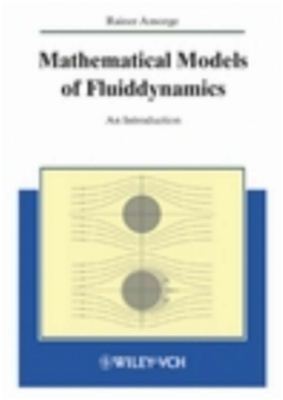Wiley, 2003. 187 p. ISBN:3527403973
This introduction to the field contains a careful selection of topics and examples without sacrificing scientific strictness. The author guides readers through mathematical modelling, the theoretical treatment of the underlying physical laws and the construction and effective use of numerical procedures to describe the behaviour of the dynamics of physical flow. Both students and experts intending to control or predict the behavior of fluid flows by theoretical and computational fluid dynamics will benefit from the combination of all relevant aspects in one handy volume.
The book consists of three main parts:
- The design of mathematical models of physical fluid flow;
- A theoretical treatment of the equations representing the model, as Navier-Stokes, Euler, and boundary layer equations, models of turbulence, in order to gain qualitative as well as quantitative insights into the processes of flow events;
- The construction and effective use of numerical procedures in order to find quantitative descriptions of concrete physical or technical fluid flow situations.
This is the first text of its kind to merge all these subjects so thoroughly.
This introduction to the field contains a careful selection of topics and examples without sacrificing scientific strictness. The author guides readers through mathematical modelling, the theoretical treatment of the underlying physical laws and the construction and effective use of numerical procedures to describe the behaviour of the dynamics of physical flow. Both students and experts intending to control or predict the behavior of fluid flows by theoretical and computational fluid dynamics will benefit from the combination of all relevant aspects in one handy volume.
The book consists of three main parts:
- The design of mathematical models of physical fluid flow;
- A theoretical treatment of the equations representing the model, as Navier-Stokes, Euler, and boundary layer equations, models of turbulence, in order to gain qualitative as well as quantitative insights into the processes of flow events;
- The construction and effective use of numerical procedures in order to find quantitative descriptions of concrete physical or technical fluid flow situations.
This is the first text of its kind to merge all these subjects so thoroughly.

